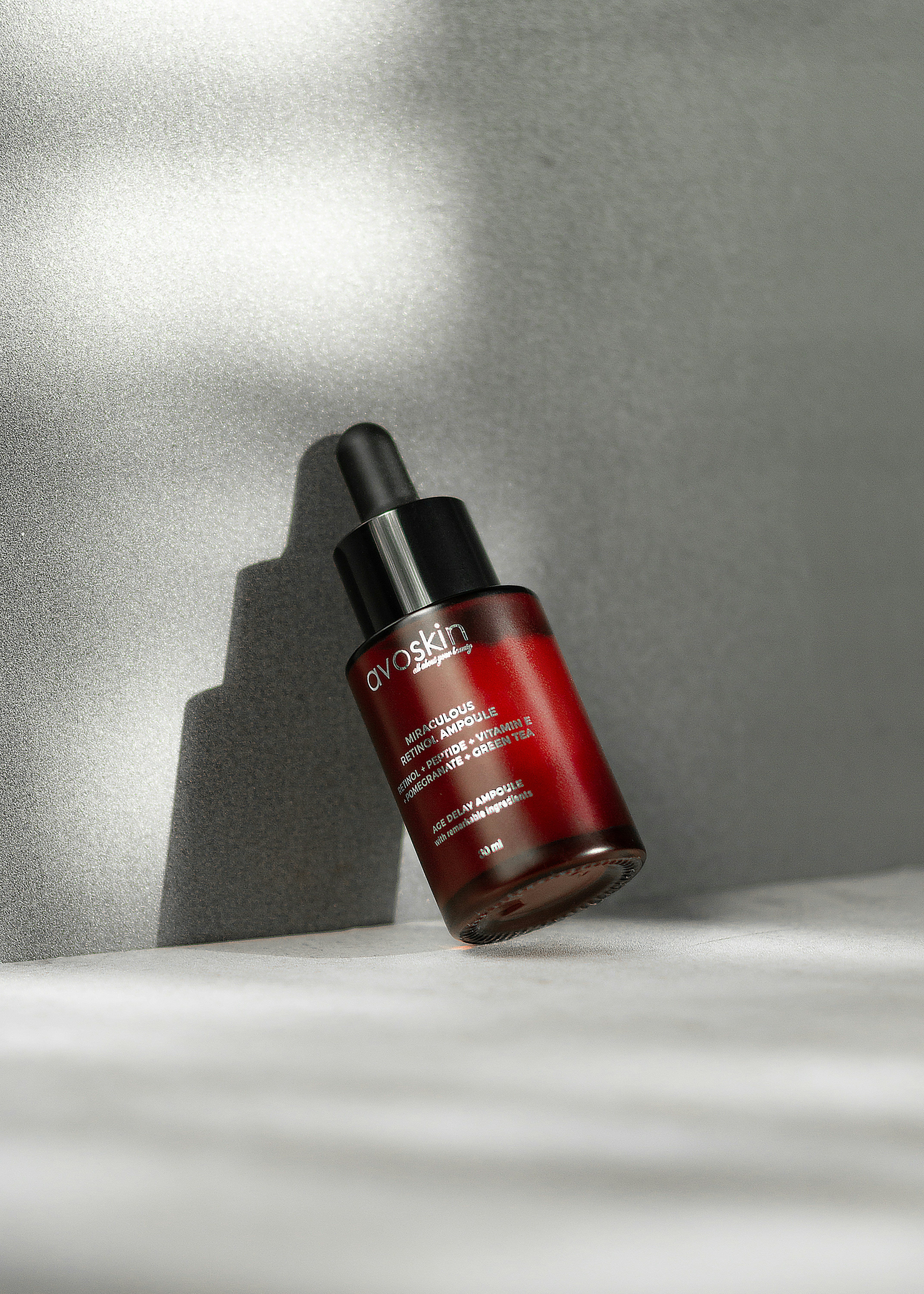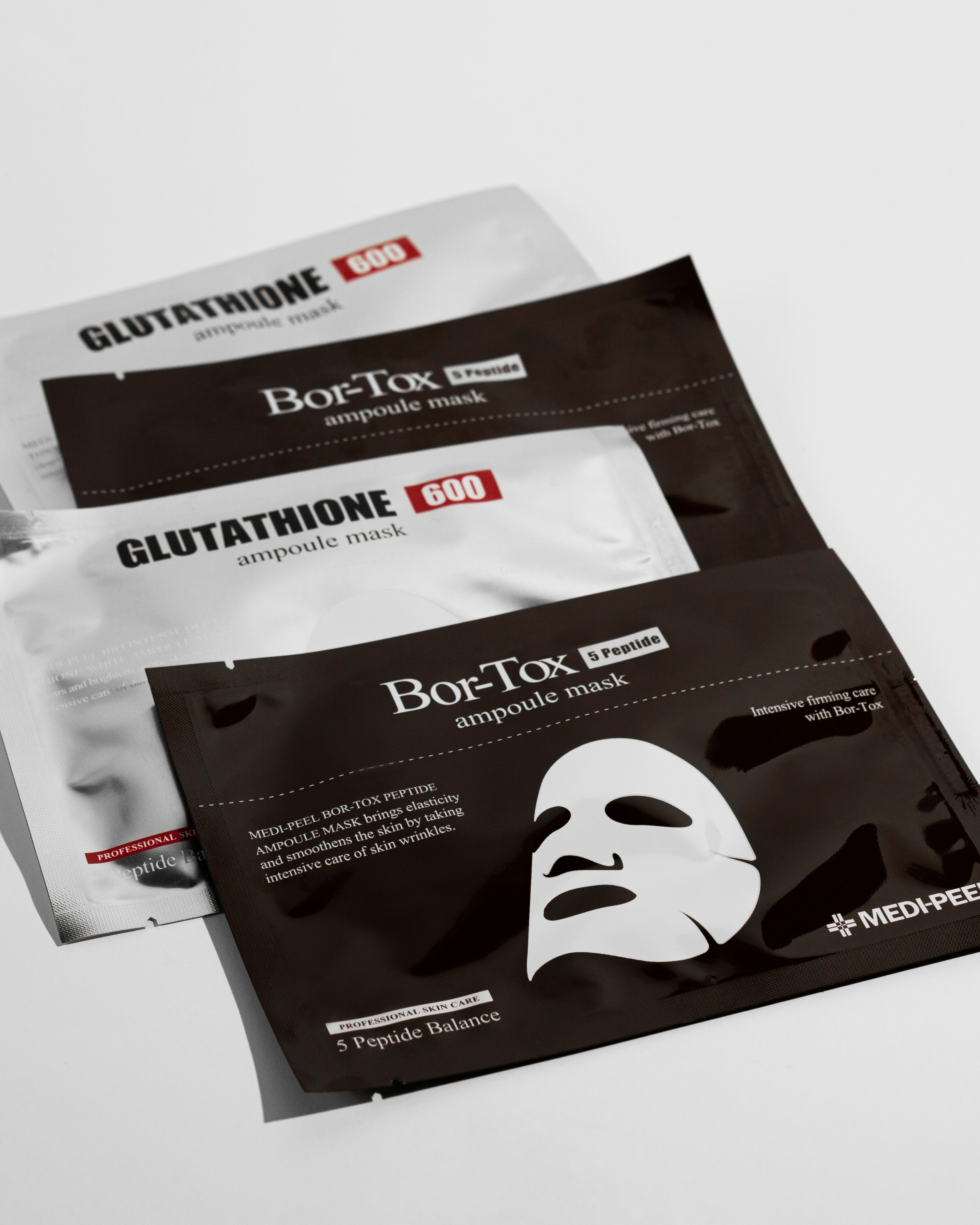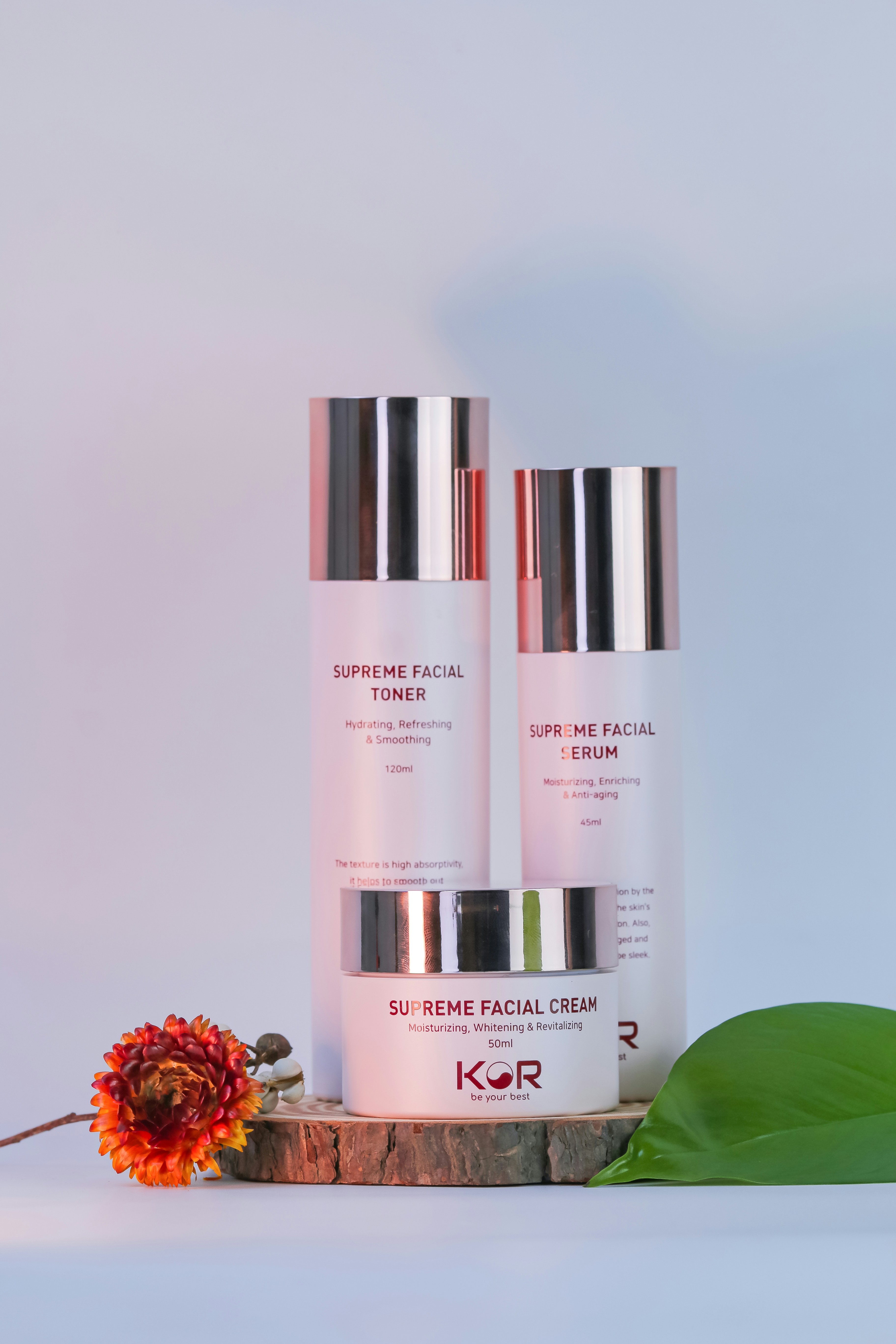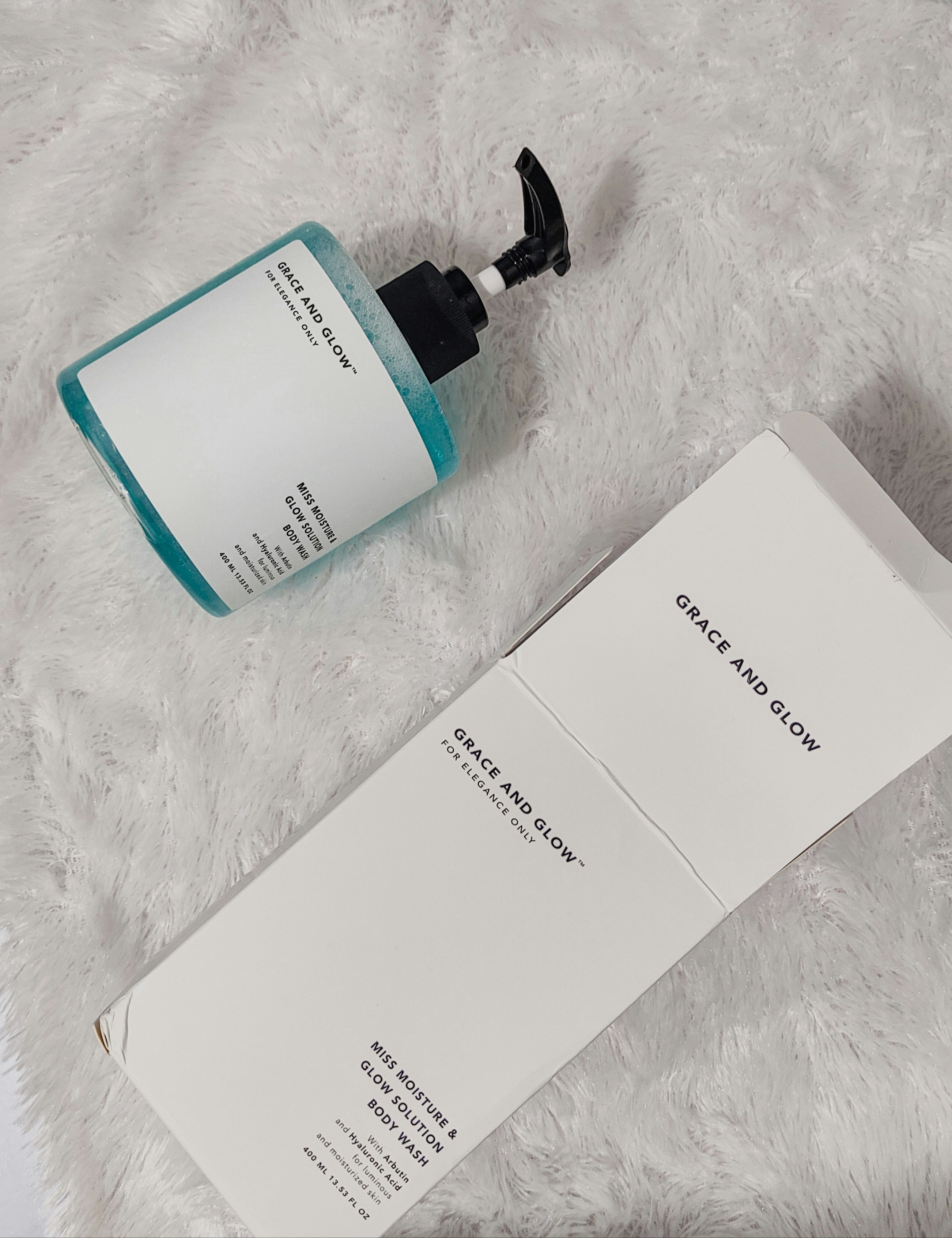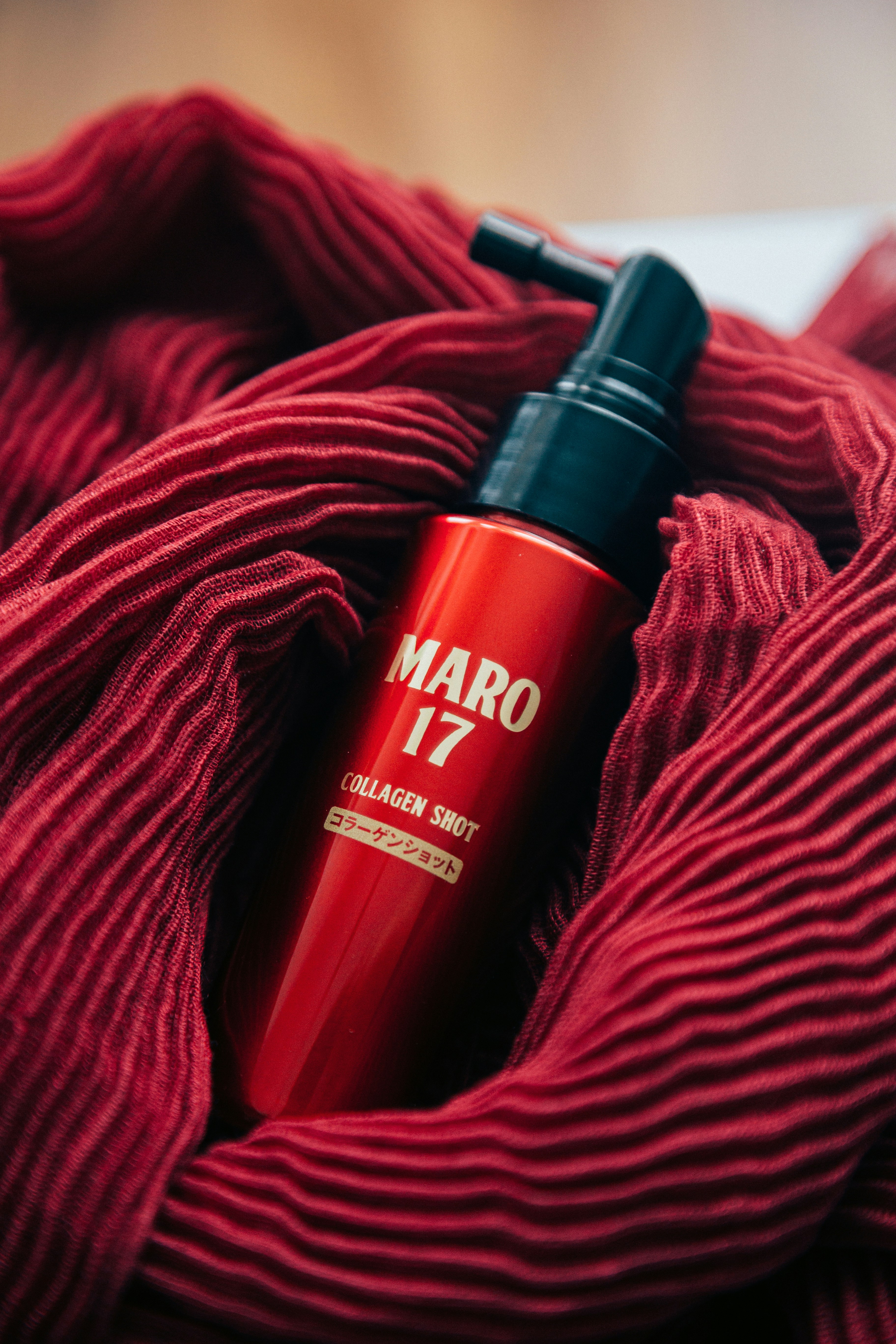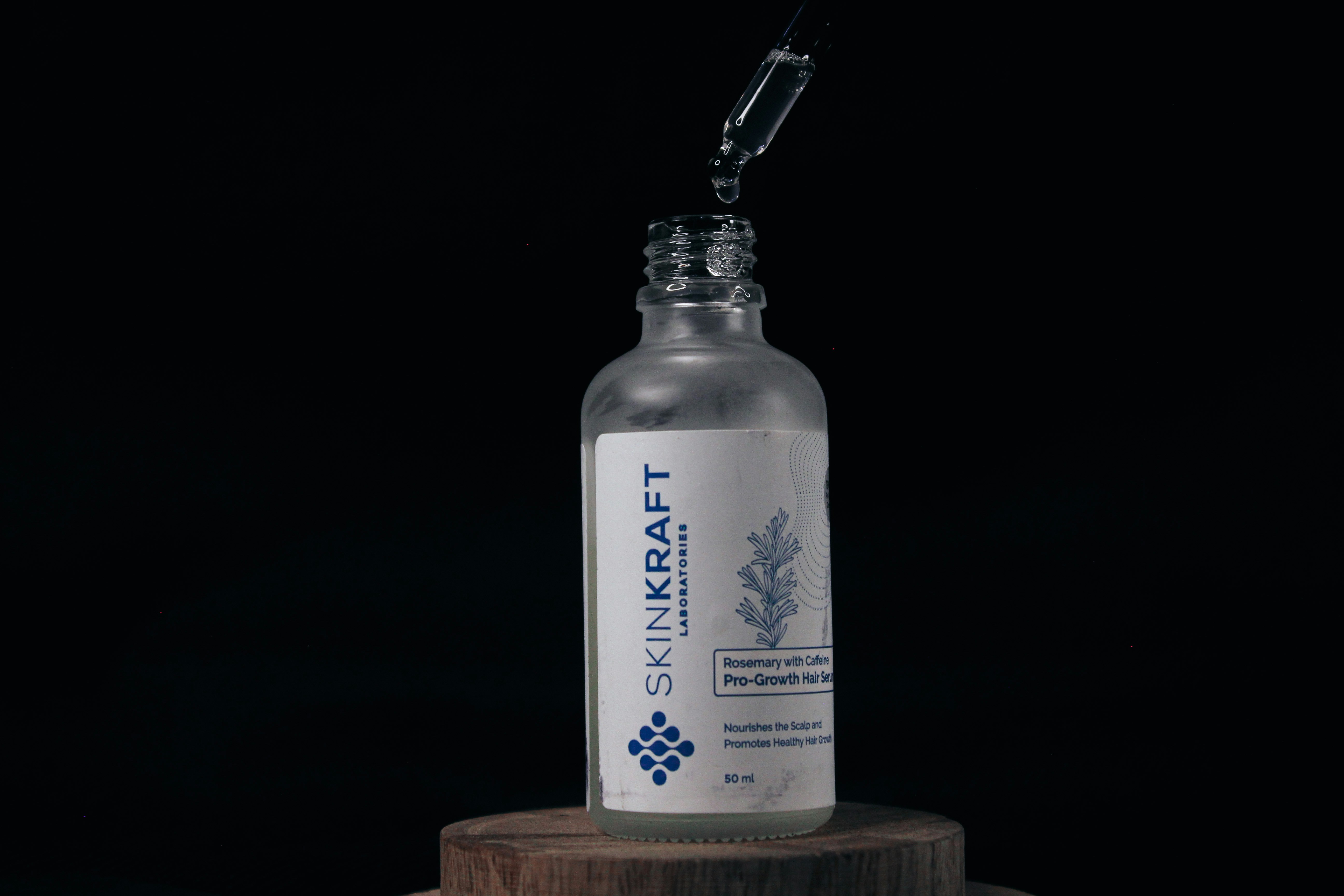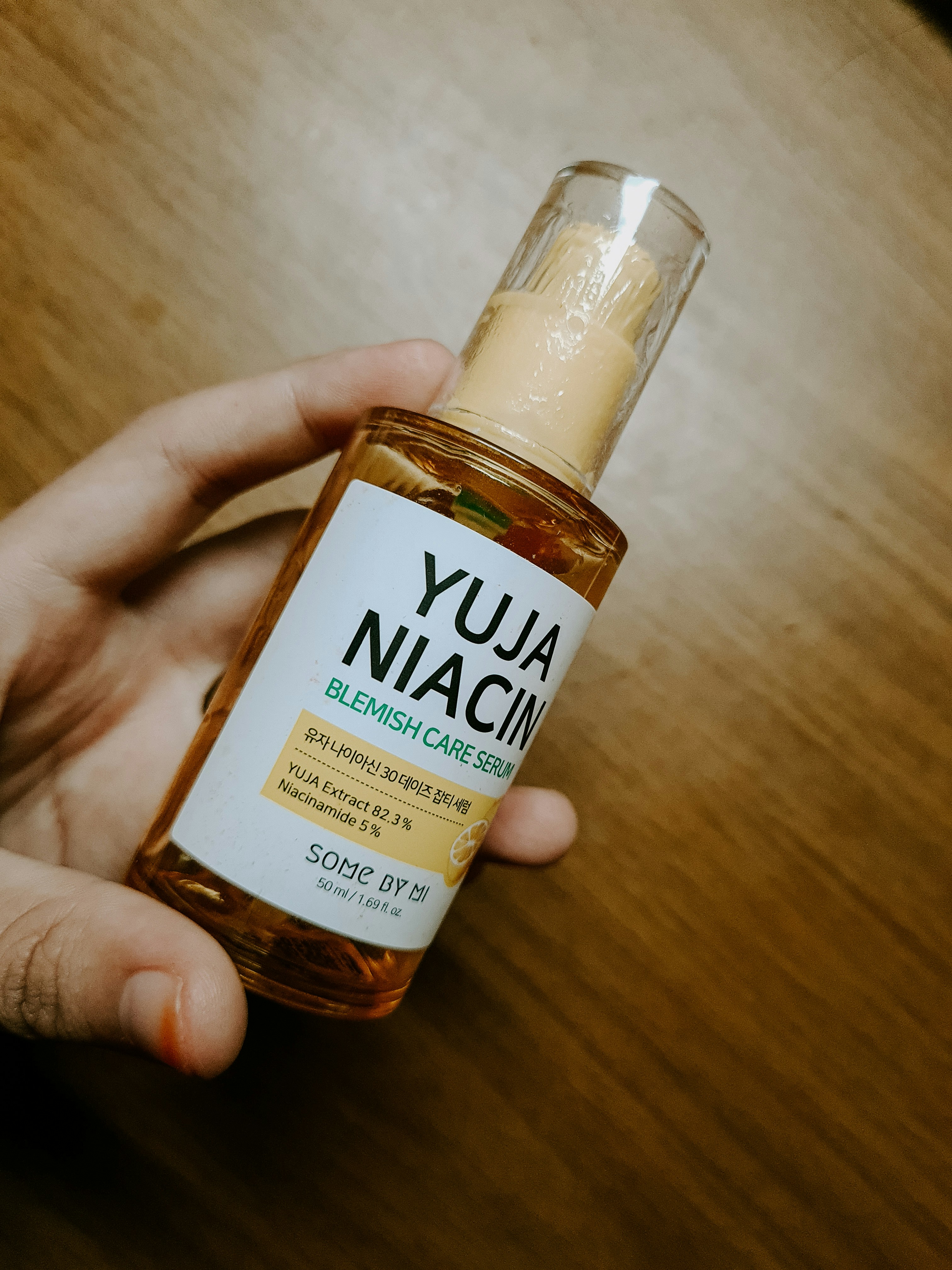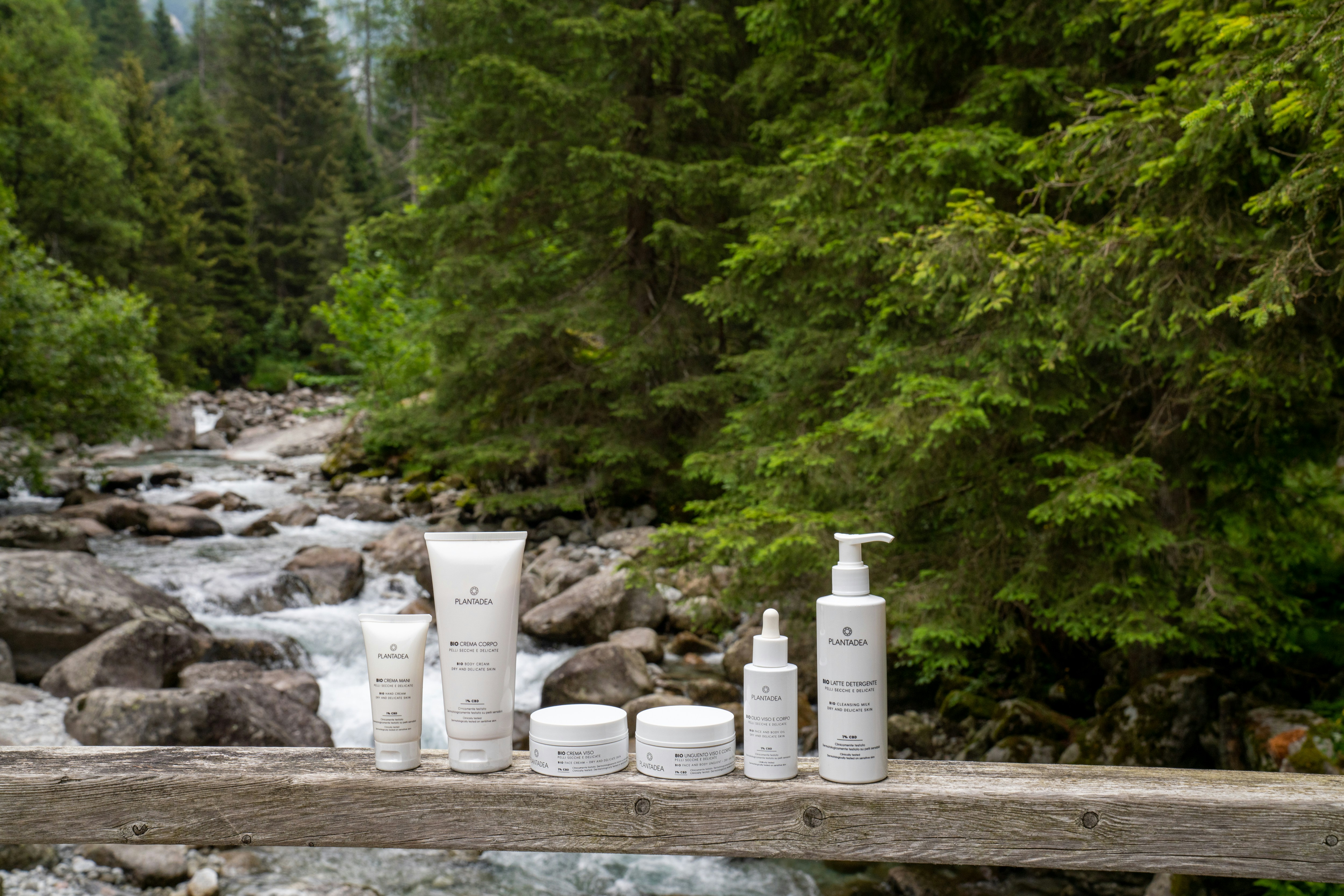Introduction to Retinol and Its Benefits
Retinol, a powerful derivative of vitamin A, is widely recognized for its remarkable contributions to skincare. It operates at a cellular level, facilitating skin renewal and rejuvenation, which is paramount in achieving a youthful complexion. As a key ingredient in numerous skincare routines, retinol has garnered substantial attention for its numerous benefits, making it a staple for those seeking enhanced skin health.
One of the most celebrated advantages of retinol is its anti-aging properties. As we age, the skin’s natural ability to produce collagen diminishes, leading to wrinkles and fine lines. Retinol effectively counteracts this process by stimulating collagen production and promoting cell turnover. This results in smoother, firmer skin, reducing the overall signs of aging.
In addition to its anti-aging effects, retinol significantly improves skin texture. By accelerating the shedding of dead skin cells, retinol reveals a fresher, more radiant layer beneath. This not only enhances the skin’s appearance but also contributes to a more even skin tone, minimizing discoloration and blemishes over time.
Moreover, retinol proves beneficial in the treatment of acne, a common concern for many individuals. By preventing clogged pores and regulating excess oil production, it effectively reduces the frequency and severity of breakouts. This dual functionality makes retinol a highly sought-after ingredient for those with oily or acne-prone skin.
Finally, the overall enhancement of skin radiance is another remarkable benefit of retinol. As it encourages the growth of new skin cells, the complexion appears brighter and revitalized. Consequently, incorporating retinol into one’s skincare regimen is an effective strategy to achieve vibrant and youthful skin.
Factors to Consider When Choosing a Retinol Serum
When selecting a retinol serum, it is crucial to take several factors into account to ensure the product aligns with your skin type and specific needs. One of the primary considerations is the skin type. Individuals with oily skin may benefit from lightweight gel formulations, while those with dry or sensitive skin might prefer a cream-based retinol serum that offers added moisturization. Understanding your skin’s unique characteristics will guide you toward the most suitable formulation.
Another important aspect to examine is the concentration of retinol. Over-the-counter retinol products typically range from 0.25% to 1%. If you are new to retinol, starting with a lower concentration can help your skin gradually adjust to its effects, minimizing potential irritation. Conversely, seasoned users looking for more pronounced results may opt for serums with higher concentrations, keeping in mind that increased potency can also lead to heightened sensitivity.
The formulation itself plays a significant role in how well a retinol serum will function. Serums, creams, and gels each have their benefits, depending on skin concerns and personal preferences. Moreover, certain additional ingredients can enhance the effectiveness of retinol. Look for serums that incorporate hyaluronic acid, which provides hydration, and antioxidants such as vitamin C or green tea extract, which can help combat oxidative stress and improve overall skin texture.
Finally, it is essential to be aware of the potential side effects associated with retinol use. Common reactions include dryness, redness, and peeling, particularly when starting a new regimen. Therefore, it is advisable to introduce retinol into your skincare routine slowly and to consult with a dermatologist if you have any concerns. By taking these factors into consideration, you can make informed choices that best suit your individual skincare needs.
Top 10 Retinol Serums Available in India
Retinol serums have gained immense popularity in the skincare community, especially for their anti-aging properties and ability to improve skin texture. In India, numerous brands offer varying formulations to cater to diverse skin types and concerns. Below is an overview of ten noteworthy retinol serums available in the Indian market that promise effective results.
1. L’Oreal Paris Revitalift 1.5% Pure Retinol Serum – This serum combines 1.5% pure retinol with a hydrating formula, making it suitable for those who seek anti-aging benefits without compromising moisture. Many users report noticeable improvements in fine lines after consistent use. It is available on Amazon at around ₹1,500.
2. The Derma Co. 0.3% Retinol Serum – Known for its lightweight texture, this serum is enriched with hyaluronic acid, ensuring skin nourishment. Priced at approximately ₹499, it is a favorite among many for its affordability and effectiveness, with users praising its softening effects on wrinkles.
3. Neutrogena Rapid Wrinkle Repair Retinol Serum – A popular choice internationally, this serum is clinically proven to deliver results quickly. Its formulation not only helps in reducing wrinkles, but it also evens out skin tone. Available online for around ₹1,700, customers frequently highlight its fast-acting properties.
4. Mamaearth Retinol Face Serum – Enriched with natural ingredients, this serum is suitable for sensitive skin. Priced at ₹599, it focuses on both retinol benefits and natural hydration, which resonates well with users concerned about harsh chemicals.
5. Minimalist 0.3% Retinol Serum – This dermatologist-approved serum combines retinol with squalane, which enhances moisturization. At approximately ₹699, it is appreciated for its balanced approach to retinol, allowing users to experience its benefits without irritation.
6. Plum Green Tea Renewed Clarity Night Gel – While primarily a night gel, the inclusion of retinol makes it stand out. Priced at ₹550, many users enjoy its multipurpose benefits, including oil control and nourishment, making it a go-to product for oily skin types.
7. Re’equil Retinol Face Serum – This formulation features a unique blend of retinol and peptides which assists in skin renewal. It is available for around ₹650 and is particularly recommended for those tackling early signs of aging.
8. St. botanica Retinol 2.5% Serum – With a higher concentration, this serum targets deeper skin concerns, making it suitable for more mature skin. Priced at ₹1,699, users often see significant results with consistent use.
9. Biotique Bio Dandelion Anti-Aging Serum – This Ayurveda-inspired serum exists at ₹399 and combines traditional ingredients and retinol to provide users with an anti-aging solution that respects their natural skincare preferences.
10. Dot & Key Retinol Serum – Known for its potency, this serum is designed for gradual delivery to minimize irritation. At ₹1,200, it has been particularly noted for its efficacy in reducing dark spots and enhancing skin elasticity.
All listed products can be conveniently purchased through popular e-commerce platforms, ensuring easy access for consumers looking to incorporate retinol into their skincare regimen.
How to Incorporate Retinol into Your Skincare Routine
Incorporating retinol into your skincare routine can greatly enhance your skin’s texture and appearance, but it requires a strategic approach to minimize potential irritation and maximize benefits. For those new to retinol, starting with a low concentration, such as 0.25% or 0.5%, is advisable. This allows your skin to gradually adjust to the active ingredient without overwhelming it. As your skin builds tolerance, you can gradually increase the retinol concentration.
Before applying retinol, performing a patch test is crucial. This involves applying a small amount of the product to a discreet skin area to check for adverse reactions. If irritation, redness, or peeling occurs, it may be best to delay or reconsider the use of the serum. Once you have confirmed compatibility with your skin, begin by applying retinol once or twice a week, and gradually increase the frequency to every other night or nightly as tolerated.
It’s important to pair retinol with other gentle skincare products to create a balanced routine. Avoid layering multiple actives like AHAs or BHAs on the same night, as they can heighten sensitivity. Instead, consider using hydrating serums containing hyaluronic acid or gentle moisturizers to mitigate dryness associated with retinol. Additionally, make sure to use a broad-spectrum sunscreen daily, as retinol can increase sun sensitivity, making rigorous sun protection essential to preventing further skin damage.
Despite its benefits, some people may experience side effects such as redness, peeling, or dryness, especially during the initial adjustment phase. To manage these potential issues, one may opt to use retinol on alternate nights or incorporate it into a more extensive skincare routine that prioritizes nourishment and hydration. Monitoring your skin’s response will help refine how you incorporate retinol into your regimen.
